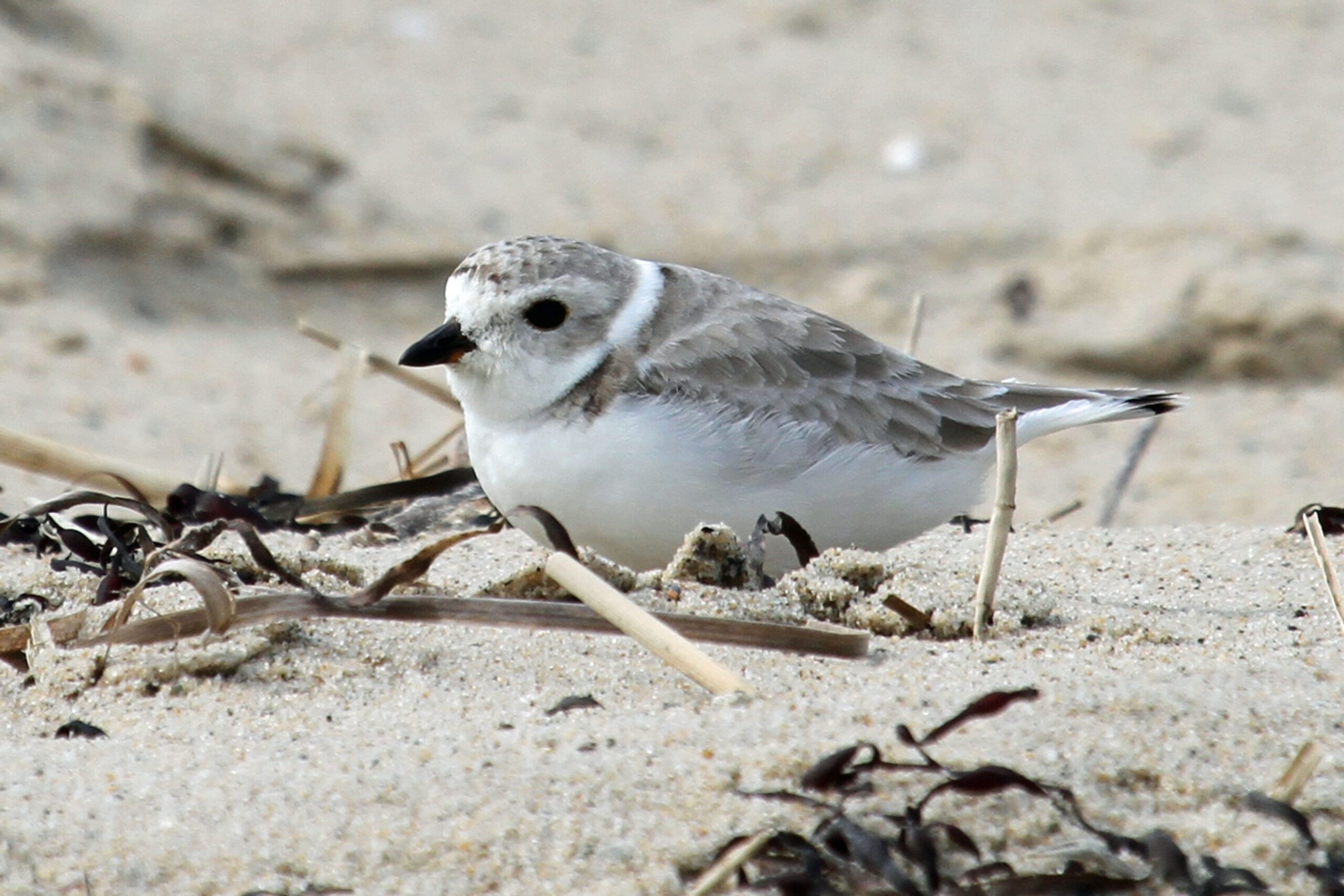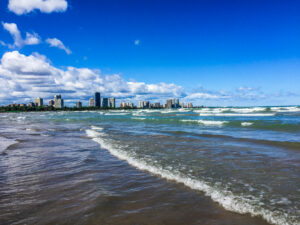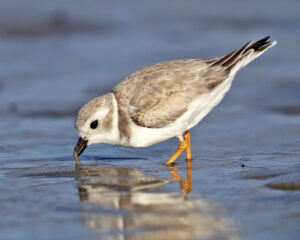News & Updates
The Case to Start With Your Park


In 2018, a pair of federally endangered Great Lakes Piping Plovers, a tiny and charismatic shore bird, attempted to build a nest in a parking lot adjacent to Montrose Beach in Chicago, one of the busiest beaches in the city. The birds are one of just 70 remaining breeding pairs of their species. However, they were young and inexperienced. They failed to become parents that year. Great lakes piping plover pairs return to the same place every year to raise babies, so ornithologists knew they would be back if they survived the winter. Happily, in 2019, Monty and Rose, as they had been named, returned to Montrose Beach and built a nest in the sand by the shore. Local bird advocates knew they had an incredible opportunity to support the plovers in their quest for parenthood, despite the location of their nest.

Banding together, passionate volunteers, advocacy organizations, and city and state officials worked to protect the birds in what would be an uphill battle to ensure their safety amidst the busy Montrose Beach in the summer. Citizens and local ornithological organizations advocated for roping off large areas of the beach, and volunteers maintained a round-the-clock plover bodyguard patrol to protect the nest. To everyone’s excitement, the plovers hatched three chicks, and have been back every year since to raise new broods. This story is a testament to the power and importance of urban green spaces and citizen advocacy.
Habitat loss is one of the main drivers of species extinction globally, and nearly 50% of the land on earth has been converted from natural ecosystems to human environments. Consequently, animals and plants find themselves with fewer and fewer places to live and raise their young. In cities and suburbs, the last refuges for wildlife are often urban green spaces, which provide water, food, and places to safely raise young in a sea of concrete, strip malls, and manicured lawns. At Leave No Trace, the power of stewardship and citizen advocacy makes a difference on many scales, wherever people are engaged. If Chicago’s piping plovers are any evidence, nature can show amazing resiliency if people work to protect it.

At its core, Leave No Trace empowers everyone to take care of our environment. There is so much every person can do to improve the environments around us; for ourselves and our human and wildlife neighbors, now and into the future. Environmental ethics and positive actions are just as important at home and in your community as they are in America’s national parks, wilderness areas, and backcountry. We can take actions to reduce our impact and protect our local environments by taking positive steps in our backyards, in our neighborhoods, and local urban green spaces. There are many ways that we can make big positive impacts by starting at home and within our communities. The original Leave No Trace Seven Principles are applicable to all aspects of life, from the backcountry to our own backyards. Environmental ethics begin at home, so “start with your park”! You can help your backyard, neighborhood parks, playgrounds, public gardens, open spaces, and greenways become havens that support wildlife and human health.
Let’s protect and enjoy our natural world together
Get the latest in Leave No Trace eNews in your inbox so you can stay informed and involved.
